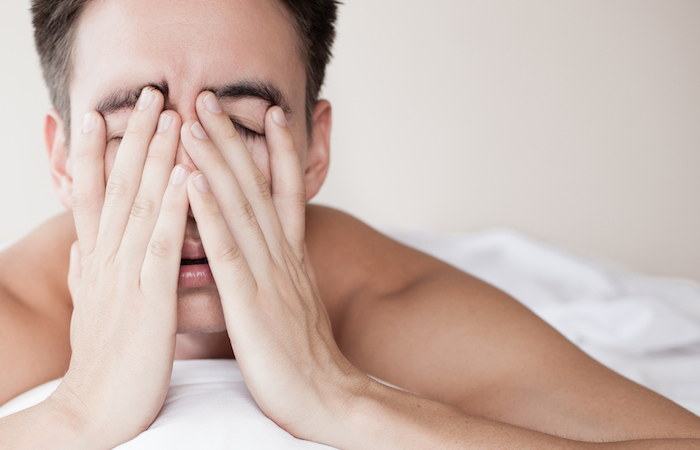A recent study suggests poor sleep or a lack of sleep may affect the size of your brain
Written by Taylor Smith | Healthy Magazine
European researchers recently looked at 147 adults between the ages of 20 and 84 to examine the link between poor sleep and participants’ brain volume. During the course of this recently published study, each participant underwent two MRI scans—the first before each patient completed a questionnaire pertaining to their sleep habits and the second done a whole three and a half years later.
About 35 percent of the applicants met the criteria for poor sleep health and investigators found that individuals with sleep problems demonstrated a more rapid decline in brain volume over the course of the study compared to those who slept better.
It’s no secret that sleep is important for our health. There are numerous studies that demonstrate the dramatic and adverse effects of sleep deprivation on our brains. In fact, poor sleep patterns are thought to contribute to the development of such brain disorders as Alzheimer’s and dementia.
“Poor sleep can affect our immune systems, our cardiovascular health, weight and, of course, memories. But we still don’t know why. We’re still trying to put the puzzle together,” Dr. Neal Maru of Integrated Sleep Services in Virginia recently told CNN.
The authors of the study agree.
“It is not yet known whether poor sleep quality is a cause or consequence of changes in brain structure,” said author Claire Sexton of the University of Oxford in the United Kingdom.
To put it simply, correlation does not equal causation. Researchers are still not sure which comes first—decreased brain volume, which leads to poor sleep or poor sleep that leads to decreased brain volume. So, even though this study presents some interesting findings, the authors and other experts agree that it raises more questions than it answers.
One thing that they all agree on, however, is that sleep is extremely important. Furthermore, there are plenty of effective treatments for sleep problems and anyone who experiences poor sleep should seek treatment.




No Comment